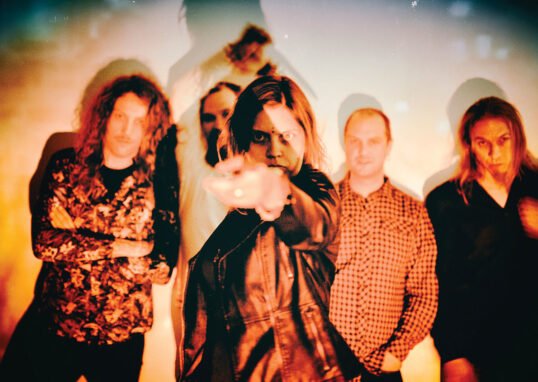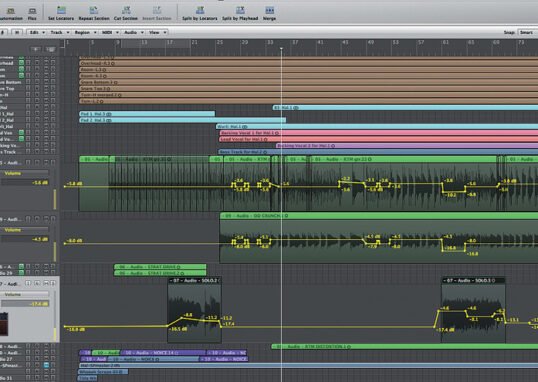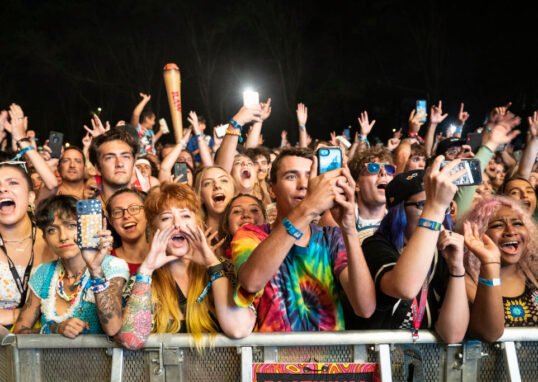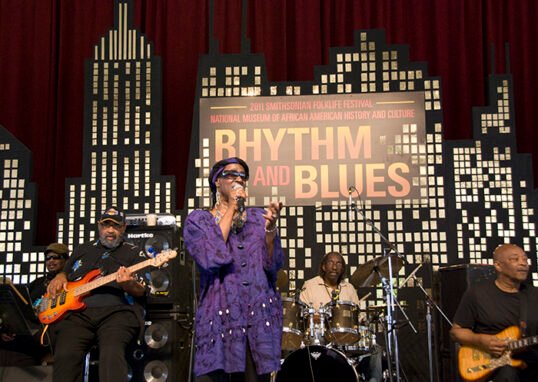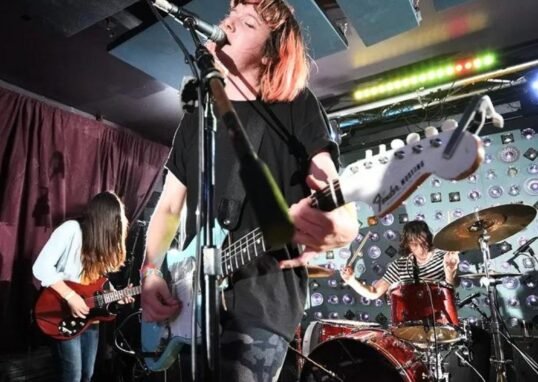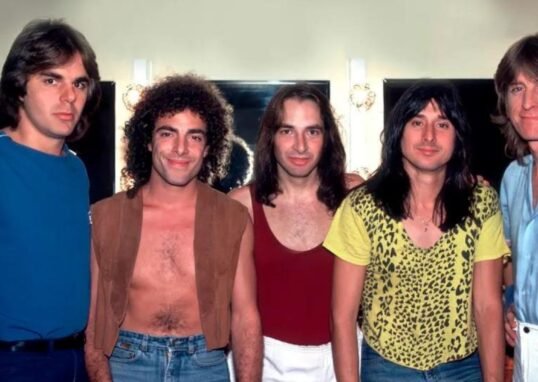
Rock music has always been defined by its explosive live performances, and some concerts have become legendary for their influence and impact on the genre. From historic festivals to groundbreaking tours, these iconic rock concerts have not only shaped the evolution of rock music but also left an enduring legacy. Here, we explore some of the most legendary rock concerts that have defined the genre and influenced generations of musicians and fans.
1. Woodstock 1969
The Woodstock Music & Art Fair, held in August 1969, is perhaps the most iconic rock concert of all time. Located on a farm in Bethel, New York, this festival became a symbol of the counterculture movement and the 1960s rock scene. Featuring legendary performances from Jimi Hendrix, Janis Joplin, and The Who, Woodstock set a new standard for music festivals. Hendrix’s performance of “The Star-Spangled Banner” remains one of the most memorable moments in rock history, embodying the spirit of the era and the power of rock music to inspire social change.
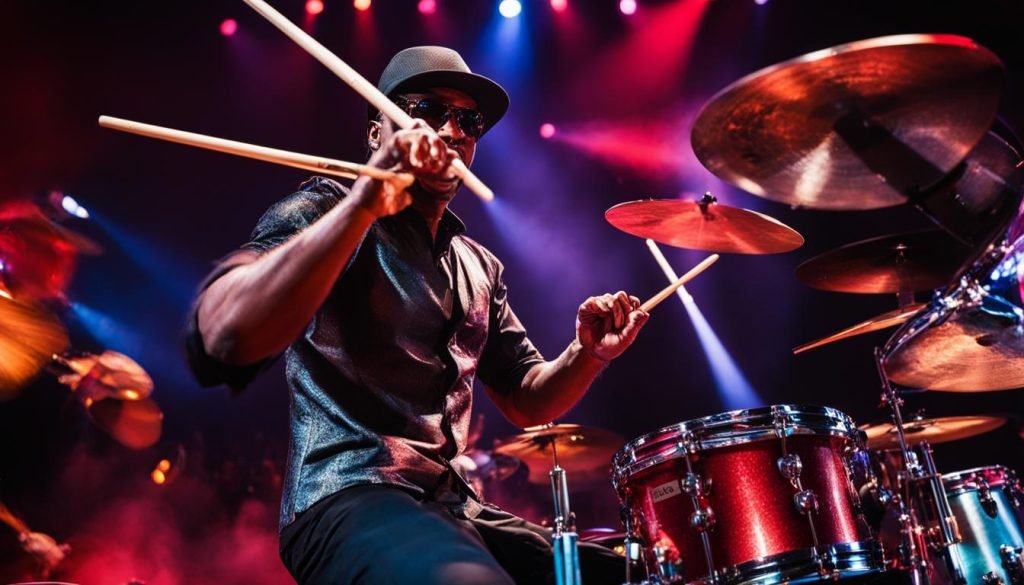
2. Live Aid 1985
Organized by Bob Geldof and Midge Ure to raise funds for famine relief in Ethiopia, Live Aid took place simultaneously at Wembley Stadium in London and John F. Kennedy Stadium in Philadelphia in July 1985. This colossal charity event featured performances from some of the biggest names in rock, including Queen, Led Zeppelin, and U2. Queen’s performance at Wembley, often hailed as one of the greatest live shows of all time, showcased Freddie Mercury’s exceptional charisma and vocal prowess, helping to solidify the band’s legendary status.
3. The Rolling Stones’ Altamont Free Concert 1969
The Altamont Free Concert, held in December 1969 at the Altamont Speedway in California, was intended as a West Coast answer to Woodstock. While the event featured performances by The Rolling Stones, Jefferson Airplane, and other prominent acts, it is infamous for its chaotic and violent atmosphere. The concert’s security was handled by the Hells Angels, leading to a series of violent incidents and the tragic death of a concertgoer. Despite its dark legacy, the Altamont Free Concert remains a significant moment in rock history, highlighting the era’s tumultuous end.
4. Nirvana’s MTV Unplugged in New York 1993
Nirvana’s MTV Unplugged in New York performance, recorded in November 1993, is a seminal moment in rock history. Known for its raw and intimate setting, the show featured Nirvana performing a selection of their hits and cover songs in an acoustic format. Kurt Cobain’s haunting rendition of “Where Did You Sleep Last Night” and the band’s choice to include obscure covers demonstrated their artistic depth and vulnerability. This performance not only showcased Nirvana’s versatility but also cemented their place in rock history.
5. Led Zeppelin at Madison Square Garden 1973
Led Zeppelin’s three-night stand at Madison Square Garden in July 1973 is one of the most celebrated series of concerts in rock history. Captured on the live album “The Song Remains the Same,” these performances featured some of the band’s most electrifying moments. From Robert Plant’s soaring vocals to Jimmy Page’s virtuoso guitar work, the shows exemplified Led Zeppelin’s prowess as one of rock’s greatest live acts. The Madison Square Garden performances remain a benchmark for live rock music and a testament to Led Zeppelin’s enduring legacy.
6. Queen at Live Aid 1985
Although previously mentioned as part of the Live Aid event, Queen’s individual performance deserves special recognition. Their set was a masterclass in live rock performance, with Freddie Mercury’s commanding stage presence and the band’s energetic delivery captivating the global audience. The performance revitalized Queen’s career and demonstrated the band’s unparalleled ability to connect with their audience through live music.
7. The Who’s Quadrophenia Tour 1973-1974
The Who’s Quadrophenia Tour, supporting their concept album of the same name, is renowned for its ambitious staging and powerful performances. The tour, which ran from 1973 to 1974, featured elaborate stage designs and a performance of the entire album. The Who’s live renditions of tracks from “Quadrophenia” showcased their ability to translate their studio work into dynamic live experiences. The tour is remembered as a high point in The Who’s live career and a defining moment in rock performance.
8. U2’s Joshua Tree Tour 1987
U2’s Joshua Tree Tour, supporting their critically acclaimed album “The Joshua Tree,” was a landmark in the band’s career. The tour, which began in April 1987, featured stunning visual elements and a setlist that included some of U2’s most iconic songs. The performances captured the essence of the album’s themes, addressing social and political issues while delivering powerful rock anthems. The Joshua Tree Tour solidified U2’s status as one of the world’s leading rock bands and remains a high point in their career.
9. David Bowie’s Ziggy Stardust Farewell Tour 1973
David Bowie’s Ziggy Stardust Farewell Tour marked the end of his groundbreaking Ziggy Stardust persona. The final show, held at the Hammersmith Odeon in London on July 3, 1973, is a legendary moment in rock history. Bowie’s theatrical performance, combined with his innovative approach to rock music, left a lasting impression on fans and critics alike. The tour’s conclusion signaled the end of an era for Bowie and the beginning of a new chapter in his illustrious career.
10. Pearl Jam’s 1992 MTV Video Music Awards Performance
Pearl Jam’s performance at the 1992 MTV Video Music Awards is notable for its raw energy and defiant attitude. The band’s set, which included a memorable rendition of “Alive” and “Even Flow,” captured the essence of the grunge movement. The performance’s intense delivery and Eddie Vedder’s charismatic presence showcased Pearl Jam’s impact on the early 1990s rock scene and their role in shaping the grunge era.
Conclusion
These legendary rock concerts represent pivotal moments in the history of rock music, each leaving a unique and lasting impact on the genre. From the groundbreaking performances at Woodstock and Live Aid to the electrifying shows by Queen and Nirvana, these concerts highlight the power of live music to captivate audiences and shape the course of rock history. As we reflect on these iconic moments, it’s clear that rock music’s enduring legacy is built on the unforgettable experiences shared by artists and fans alike.

